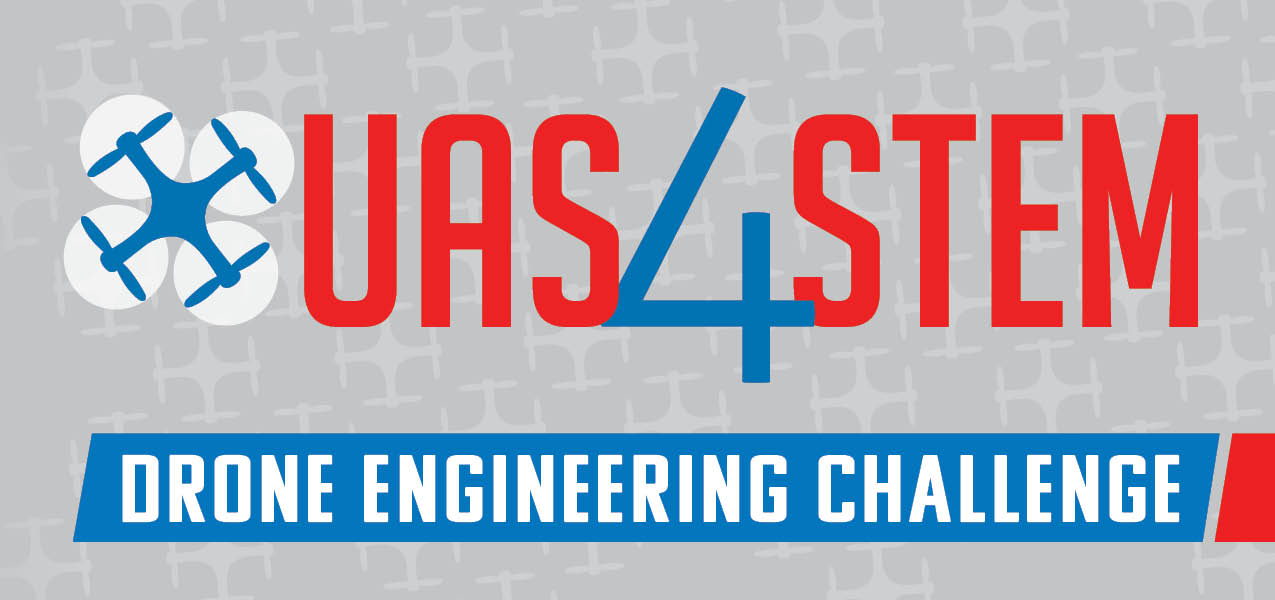Teams prepare to fly a specific mission challenge, which varies by season. All teams must complete the virtual ground school and build a drone from components. The mission challenge varies for Beginner and Advanced divisions.
- Beginner Division: Focuses on foundational skills in programming for autonomous flight using ArduPilot Mission Planner software and basic mission tasks (such as conducting a search grid to locate points of interest).
- Advanced Division: Adds engineering complexity—teams must also design and fabricate a mechanism for the drone to tackle a specialized mission challenge such as picking up and transporting a payload.

Competition Timeline & Structure
September 1- January: Get registered and get started!
Order drone components: After registering, order drone components as soon as possible. Sometimes there are shortages or shipping delays. It will also take time to build the drone, learn how to fly it, troubleshoot and make repairs. Technical Director Archie Stafford is happy to answer questions related to equipment.
Ground school: After submitting a roster, each team receives access to AMA’s mandatory online sUAS ground school. This covers flight principles, aviation safety, regulatory guidelines, airspace procedures, and prepares students to pursue a Part 107 drone operator license.
Learn how to fly: Students will need to practice flying the drone manually and learn how to use ArduPilot Mission Planner software to program the drone for autonomous flight.
April (last two weeks): Virtual Preliminary Competition
Teams must submit a proof-of-flight video and attend a virtual session with judges to:
- Deliver their Flight Readiness Review (FRR)—a professional presentation showcasing their team, flight procedures, mission plans, and accomplishments
- Share a team video which welcomes new teams and showcases their spirit
- Complete a timed Mission Planner software assessment
July (last week): Championship Competition at EAA AirVenture
Top-performing teams (usually six per division) are invited to compete in person at the world’s largest aviation event in Oshkosh, WI. Participants enjoy admission, lodging, special access (such as being featured before the Air Show), and compete for trophies, prizes, and scholarship awards.
Sample Competition Elements
Students develop technical drone skills and other important professional skills such as teamwork, communication, time management and problem solving.
Below are some examples of student-created videos from previous preliminary competitions:
Example Flight Readiness Review (FRR) presentations delivered by teams for previous competitions:
Beginner Division
Advanced Division
UAS4STEM participants indicate that they feel more prepared to succeed in science, technology, engineering and math. They also feel improved confidence, along with a better capacity for teamwork, communication and leadership.



